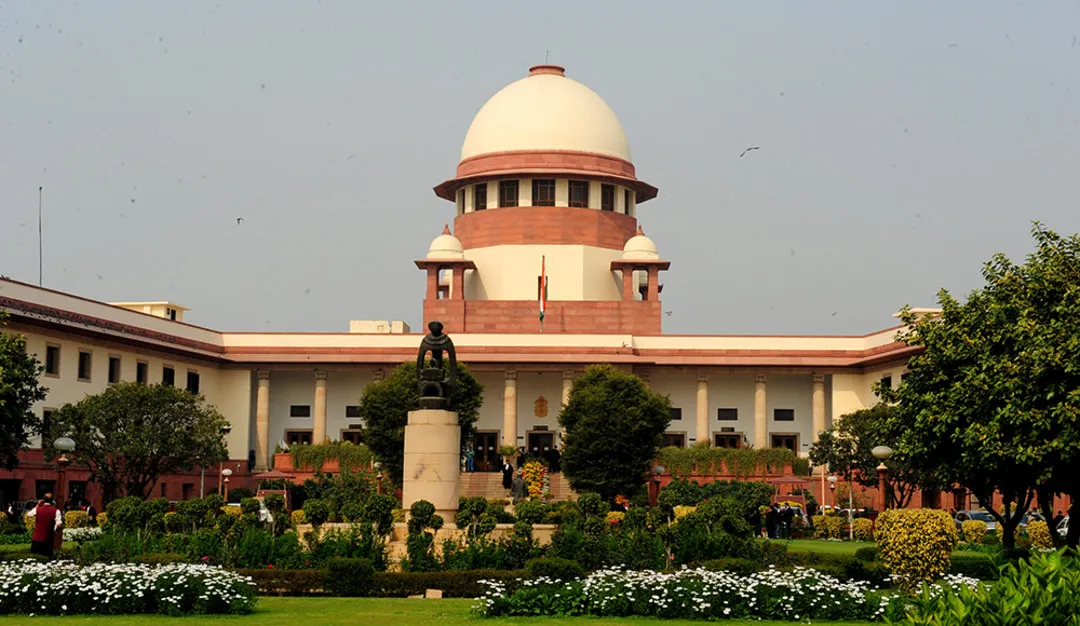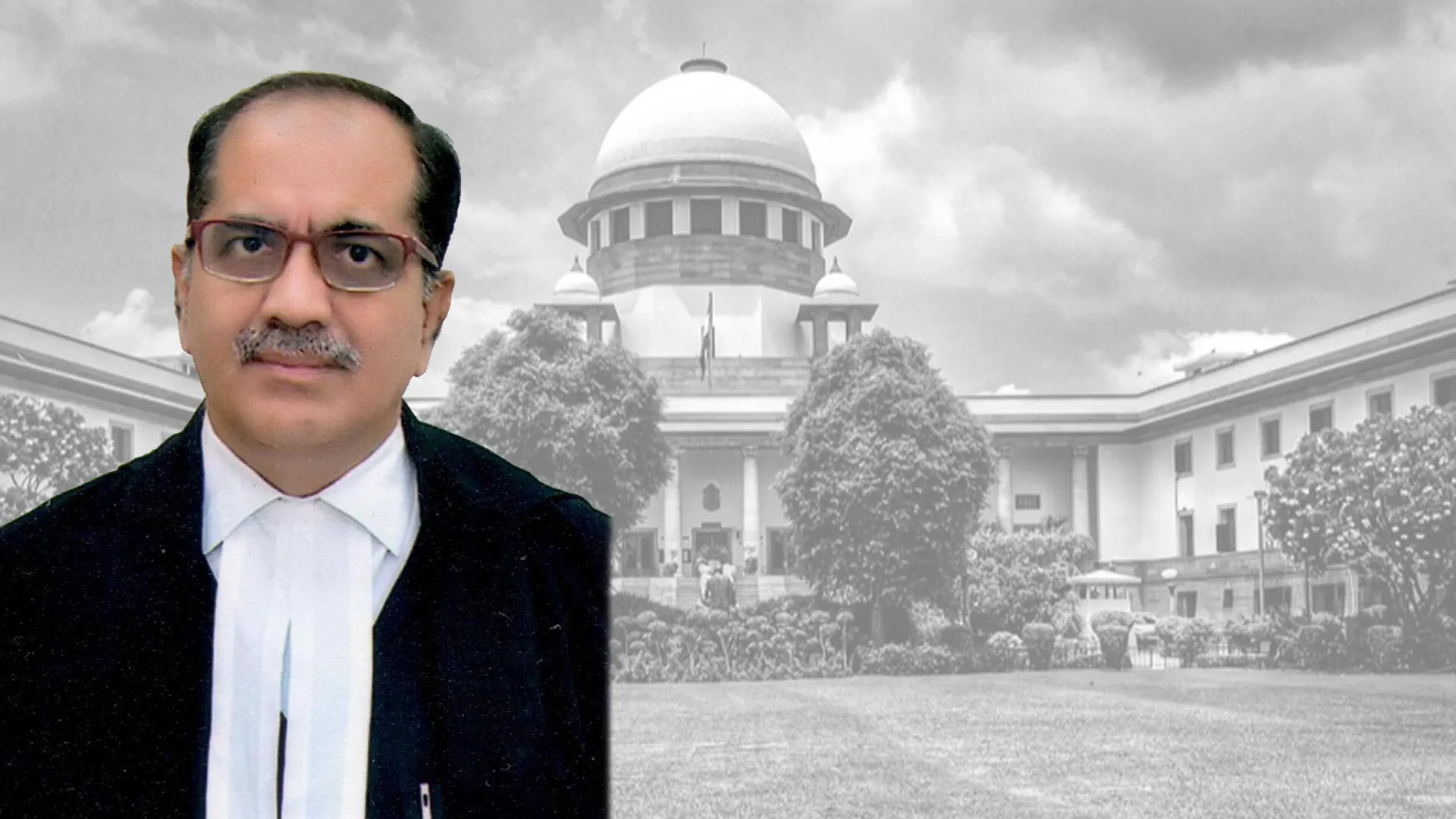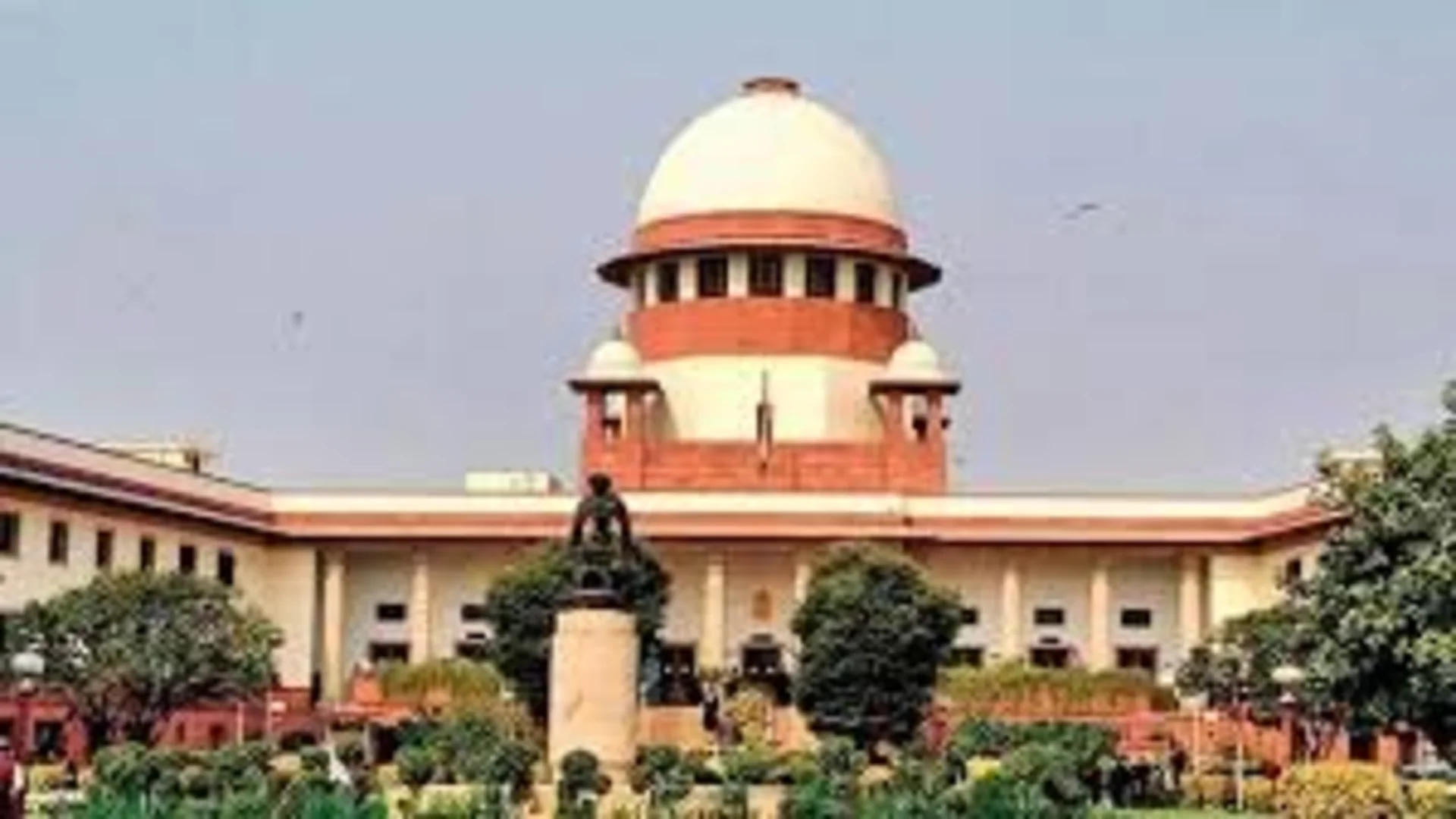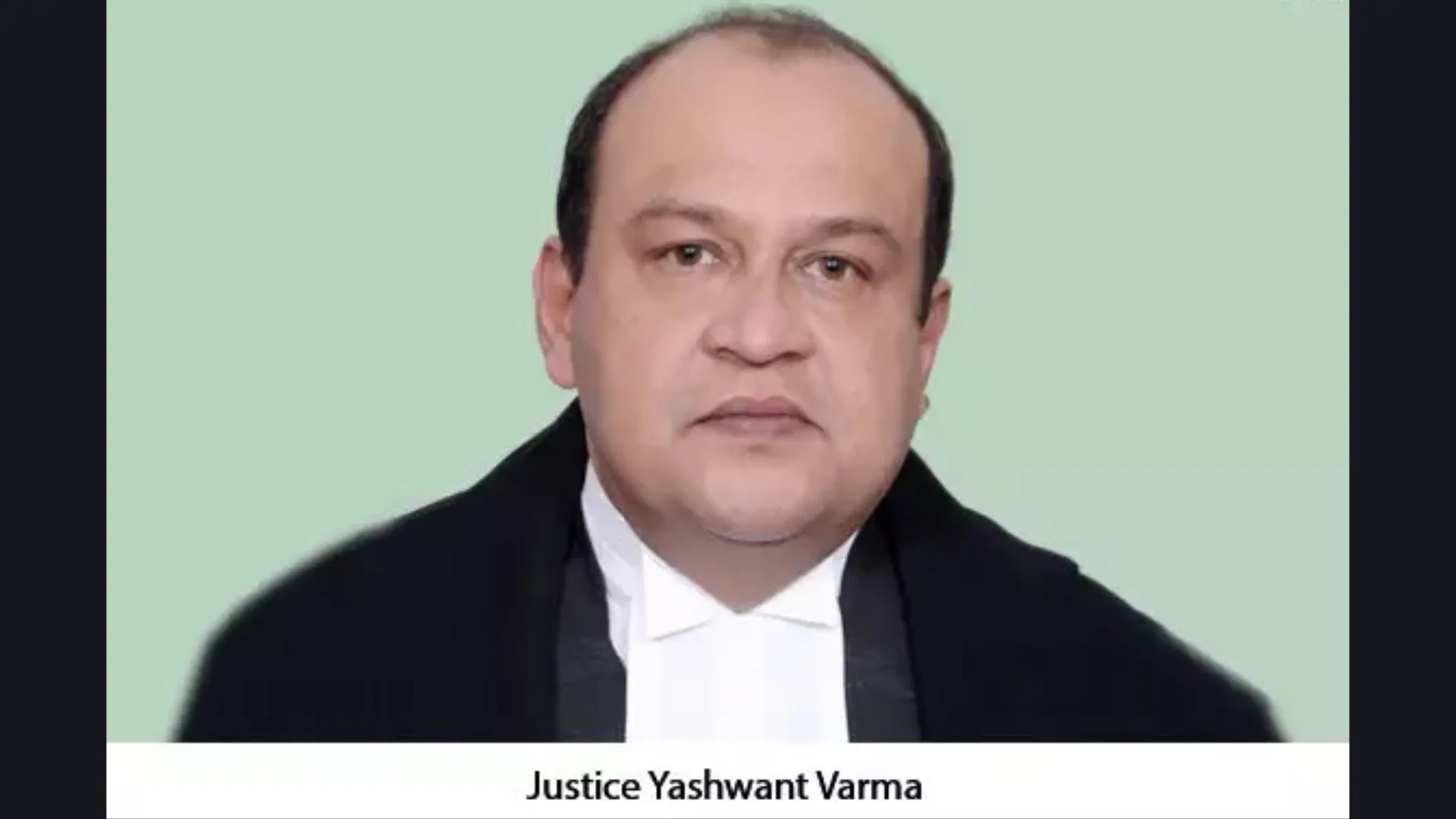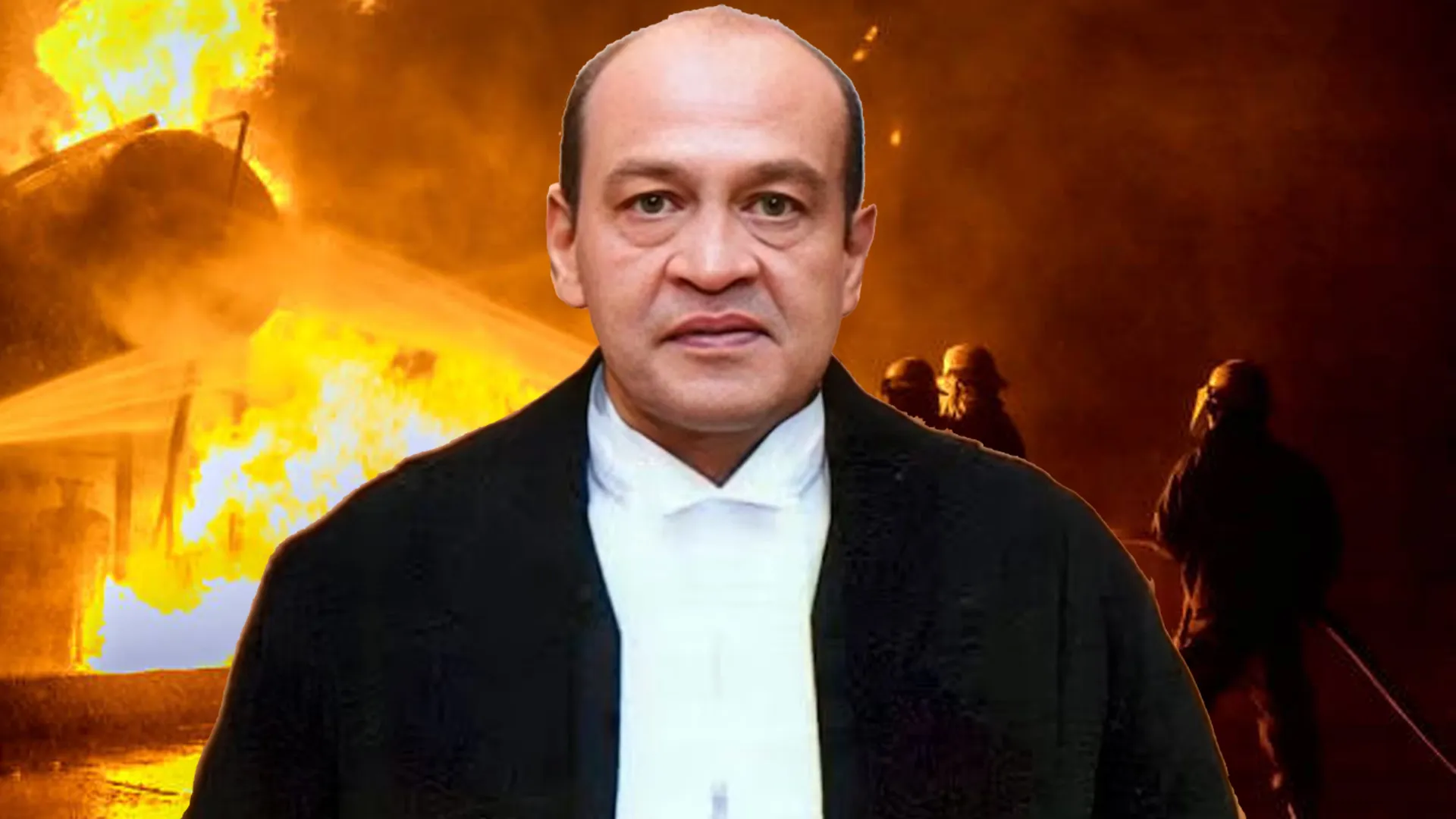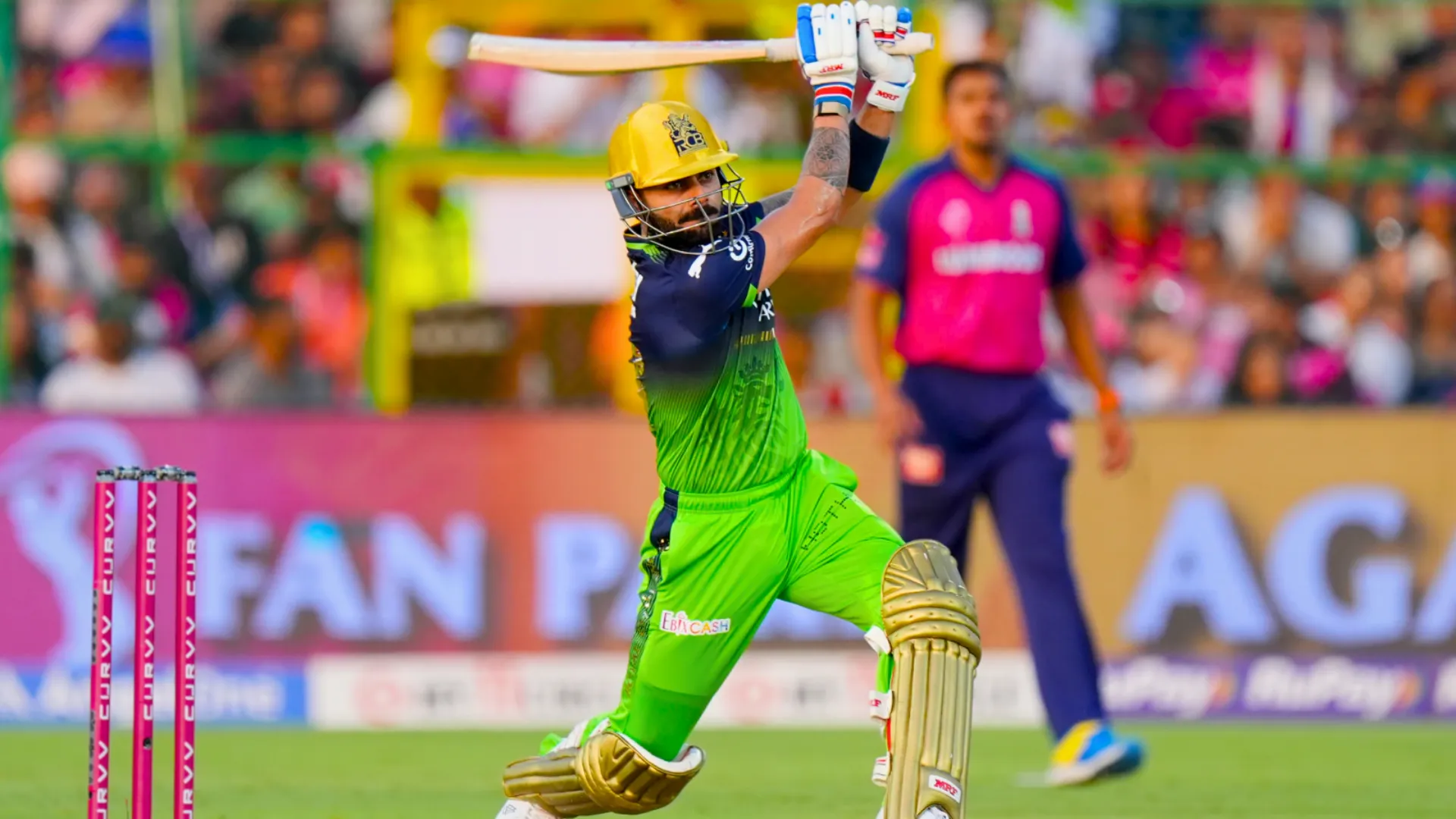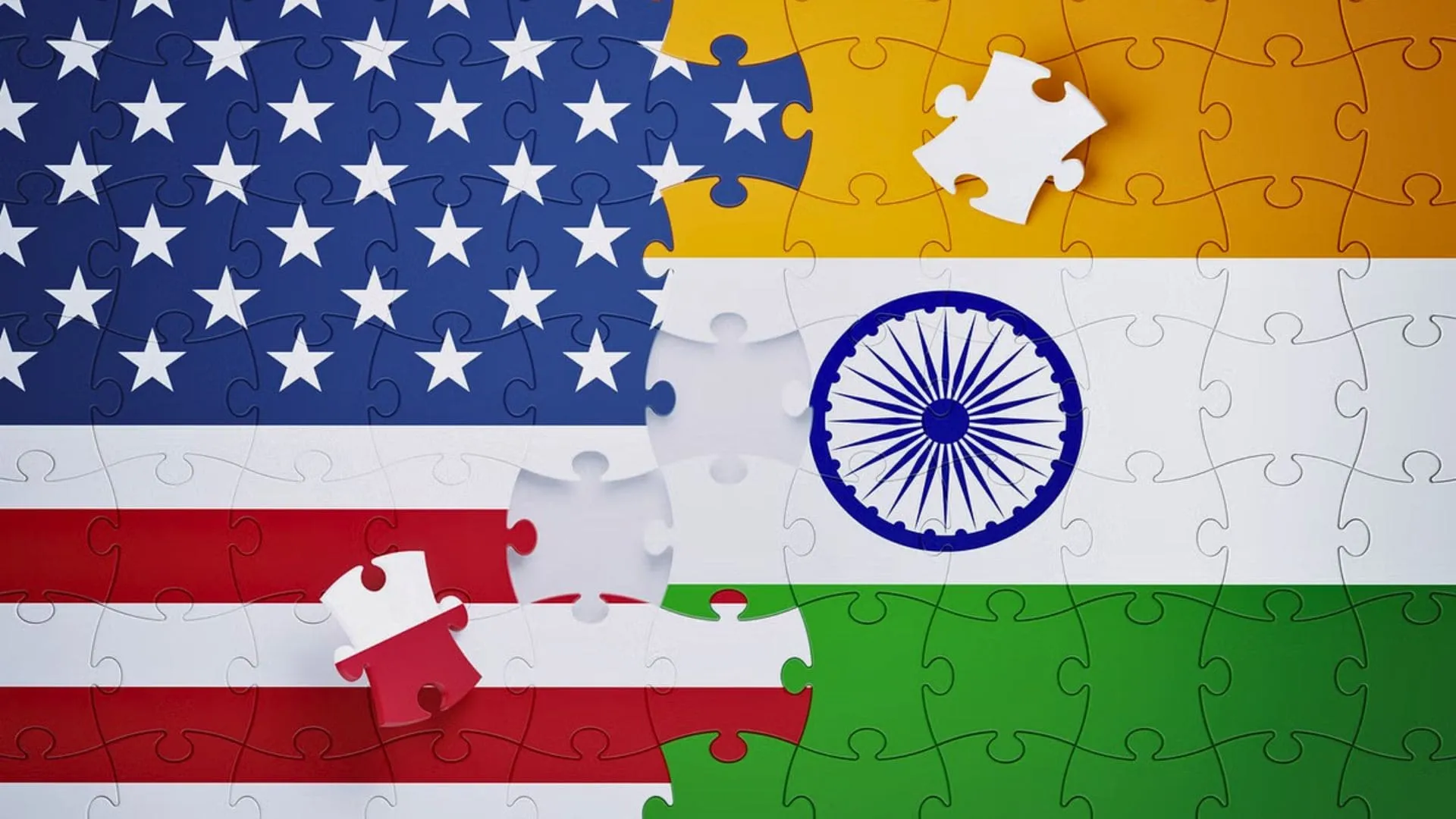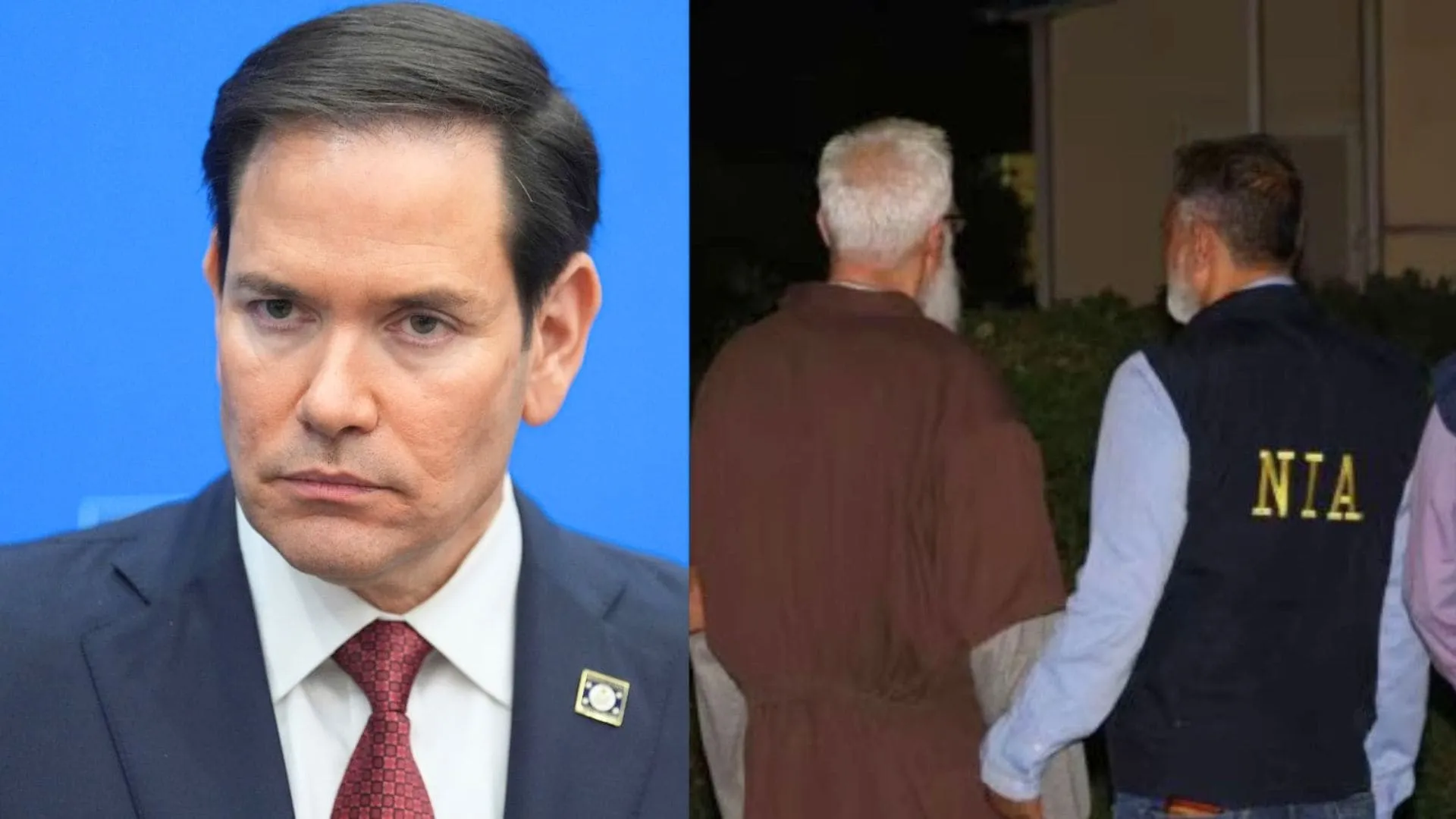Under the Indian constitutional scheme, the President is a constitutional head of the Union Government who exercises his constitutional powers and functions on the aid and advice of the Council of Ministers headed by the Prime Minister as per the mandate of Article 74(1) of the Constitution. However, after the 44th Constitutional Amendment Act, 1978, the President has been empowered to return the advice to the Cabinet for its reconsideration but thereafter he is bound to accept the Cabinet’s advice if it reiterates the same. Now, this is a well-settled position after some landmark judgments of the Supreme Court such as Samsher Singh, Maru Ram, S. R. Bommai, etc. There are only a few areas where the President can act at his own discretion, but the matters relating to judicial appointments do not fall under that category. In these kinds of matters, the President acts on the advice of the Prime Minister, who takes inputs and assistance from the Union Minister of Law and Justice and other departments and agencies of the Government of India. The President issues the formal warrant of appointments of judges of the Supreme Court and High Courts as per Article 124 and 217 of the Constitution respectively to complete the constitutional formalities. After a few judgments of the Supreme Court on the issue of judges’ appointments, it is also well-established that the President of India has to act on the advice of the Supreme Court collegium headed by the Chief Justice of India (CJI) in making judges’ appointments, and if the Prime Minister gives him a piece of different advice, the President should ignore the same. This reflects the primacy of the judiciary over the executive in matters related to judicial appoints. Let us elaborate on this issue with the support of judicial rulings.

In the Second Judges’ case, a 9-judge Constitution Bench of the Supreme Court categorically observed that the President of India must act on the advice of the Supreme Court collegium in making judicial appointments to the Supreme Court and High Courts. “In view of the provision in Article 74(1), the expression ‘President’ in Articles 124(2) and 217(1) means the President acting in accordance with the advice of the Council of Ministers with the Prime Minister at the head; and the advice given by the Council of Ministers has to accord with the mandate in the Constitution, or, in other words, with the construction made of Articles 124(2) and 217(1) by this Court, in discharge of its constitutional duty to interpret the Constitution. A fortiori, advice given by the Council of Ministers which binds the President and requires him to act in accordance therewith, had to be the advice given in accordance with the constitutional provisions, as interpreted by this Court”, the Apex Court ruled unequivocally. The Supreme Court also stated that the President cannot override the collegium’s view given the mandate of ‘consultation with the Chief Justice of India’ in Articles 124 and 217 of the Constitution. Further, the Court went on to say: “If it were to be held that, notwithstanding the requirement of Articles 124(2) and 217(1) of mandatory consultation with the Chief Justice of India and Chief Justice of the High Court, the Council of Ministers has the unfettered discretion to give contrary advice, ignoring the view of the Chief Justice of India, and the President is bound by Article 74(1), to act in accordance with that advice, then the constitutional purpose of introducing the mandatory requirement of consultation in Articles 124(2) and 217(1) would be frustrated. It is for this reason, that in the matter of appointments of Judges of the superior judiciary, the interaction and harmonisation of Article 74(1) with Articles 124(2) and 217(1) has to be borne in mind, to serve the constitutional purpose. In short in the matter of appointments of Judges of the superior judiciary, the constitutional requirement is, that the President is to act in accordance with the advice of the Council of Ministers as provided in Article 74(1); and the advice of the Council of Ministers is to be given in accordance with Articles 124(2) and 217(1), as construed by this Court. In this sphere, Article 74(1) is circumscribed by the requirement of Articles 124(2) and 217(1) and all of them have to be read together”.
Thus, the above-mentioned observations of the Supreme Court, which have been followed consistently in the Third, and Fourth Judges’ cases also, make it clear that the President of India has to act according to the recommendation of the Supreme Court collegium headed by the Chief Justice of India, not on the advice of the Prime Minister that goes against the collegium’s view. But the Supreme Court collegium is required to sends unanimous recommendations to President through the Union Minister of Law and Justice and the Prime Minister. Admittedly, the Union Cabinet does not come into the picture in making judges’ appointments and only the law minister and the Prime Minister decide the matter. Although the President and the Central Government are bound to act according to the collegium’s recommendations, they have a limited say in the entire process of making judicial appointments. The Central Government can raise objections against any recommendation of the collegium by mentioning cogent reasons about the antecedents or integrity of the recommended persons and the CJI needs to share the same with his collegium colleagues but the collegium has the power to reject the Central Government’s objections and can reiterate its recommendations which are binding on the government as well as the President.
Also, such recommendations should be passed unanimously by the collegium. If the CJI sends a recommendation by ignoring his collegium colleagues, the President is not bound to accept such recommendation. On the other hand, the four collegium members can also not send their recommendations to the President of India by ignoring the CJI. In these matters, the CJI is the main link between the collegium and the government including the President of India. This is a participative process devised to protect the independence of the judiciary.
Given the above discussion, it is submitted that the President of India has a ceremonial role in making judicial appointments to the Supreme Court and High Courts. He acts on the advice of the Prime Minister and the Union Law Minister in matters regarding judges’ appointments but these constitutional functionaries cannot advise him to bypass the recommendation of the Supreme Court collegium. Of course, they can persuade him to return the matter to the collegium for its reconsideration by recording cogent reasons if they find something objectionable against a person recommended by the collegium. The President may ask the collegium to reconsider its recommendation and can also seek any clarification either from the collegium or the government regarding any file that is sent to him for his approval. He can also make his comments about the case and ask the government to look into the matter. The media reports indicate that in November 1998, while giving his assent to the names of judges on the file, then President K. R. Narayanan had written: “I would like to record my views that while recommending the appointment of Supreme Court judges, it would be consonant with constitutional principles and the nation’s social objectives if persons belonging to weaker sections of society like SCs and STs, who comprise 25 percent of the population, and women are given due consideration.”
Further, the President went on to note: “Eligible persons from these categories are available and their underrepresentation or non-representation would not be justifiable. Keeping vacancies unfilled is also not desirable given the need for representation of different sections of society and the volume of work which the Supreme Court is required to handle”. The President cannot do much. President Narayanan was an active President who read the file thoroughly and did not hesitate to express his views.
Former President Pranab Mukherjee, in his book titled “The Presidential Years” has also criticized the collegium system in these words: “I have serious doubts about the present arrangement, and the judiciary ought to relook into the issue. The country is run by a political system in which members, who sit in Parliament and assemblies, are elected by the people. They represent the collective will of the people, and nobody can ignore this reality. The precollegium system had existed for years since 1950, and there had been no major problems that necessitated a change.”
It is submitted that the President of India has a ceremonial role in making judicial appointments to the Supreme Court and High Courts. He acts on the advice of the Prime Minister and the Union Law Minister in matters regarding judges’ appointments, but these constitutional functionaries cannot advise him to bypass the recommendation of the Supreme Court Collegium. Of course, they can persuade him to return the matter to the collegium for its reconsideration by recording cogent reasons if they find something objectionable against a person recommended by the Collegium.


